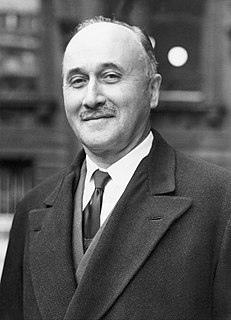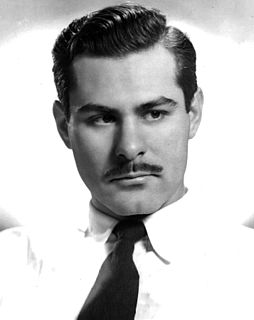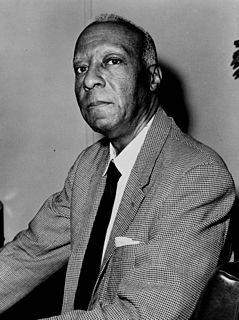A Quote by Pankaj Mishra
After the oil crisis of 1973, many European countries tightened restrictions on immigrants. By then, millions of Muslims had decided to settle in Europe, preferring the social segregation and racial discrimination they found in the West to political and economic turmoil at home.
Related Quotes
Unfortunately, the greater consciousness among Whites about Black equality has not carried over to the new victims of racism - Muslims and Immigrants. There is no racial enlightenment for these groups, which are huge. Millions of Muslims and an equal number of immigrants, who whether legal or illegal, face discrimination both legally from the government and extra-legally from White Americans - and sometimes Black and Hispanic Americans. The Democratic Presidential candidates are avoiding these issues in order to cultivate support among White Americans.
The fact that we're going through a crisis is an opportunity for Europe to be more coordinated and more integrated. We're actually talking about a European Monetary Fund or euro bonds, about guarantees for countries, about economic governance in the European Union. That shows the strength of Europe.
There will be no peace in Europe if the States rebuild themselves on the basis of national sovereignty, with its implications of prestige politics and economic protection... The countries of Europe are not strong enough individually to be able to guarantee prosperity and social development for their peoples. The States of Europe must therefore form a federation or a European entity that would make them into a common economic unit.
If we are going to talk about the most recent of the "Indignados" movements in several countries of the world, including Europe, those are social movements but eventually they will evolve into political movements. This will happen because the traditional bourgeois parties have lost credibility after being the main political influence in most countries of Latin-America and Europe in the last 50 or 60 years.
...The Court ...[recognizes]...the persistence of racial inequality and a majority's acknowledgement of Congress's authority to act affirmatively, not only to end discrimination, but also to counteract discrimination's lingering effects. Those effects, reflective of a system of racial caste [legal segregation and discrimination] only recently ended, are evident in our work places, markets, and neighborhoods. Job applicants with identical resumes, qualifications, and interview styles still experience different receptions, depending on their race.
In an ironic sense, Karl Marx was right. We are witnessing today a great revolutionary crisis, a crisis where the demands of the economic order are conflicting directly with those of the political order. But the crisis is happening not in the . . . West, but in the home of Marxism-Leninism, the Soviet Union. It is the Soviet Union that runs against the tide of history by denying human freedom and human dignity to its citizens.
The lower interest rates fueled housing and consumption booms in countries such as Spain and Ireland. At the same time, Germany, struggling with the burdens of reunification, tightened its belt and became more competitive. All this led to a wide divergence in economic performance. Europe became divided into creditor and debtor countries.
Toward the middle and end of the Fifties, West European countries became somewhat more important as providers of aid to underdeveloped countries. It was partly due to the prodding of the United States that these countries, as they regained economic viability, should shoulder their share of the aid burden.







































